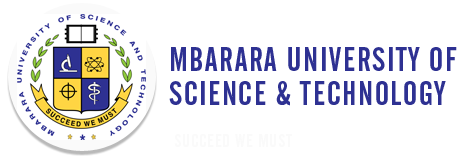Bachelor of Science in Economics
Any country that desires to achieve substantial economic growth and development must give major consideration to its human resources. It is this well trained human resource that will mobilize and organize other factors of production to bring about meaningful and sustainable development.
Therefore, since economics is a fundamental discipline, developing countries such as Uganda must direct their efforts towards building human capacity in these disciplines if the country is to attain development goals and their economic targets. Thus MUST introduces a program in economics to contribute towards the country’s effort to build a corpus of high trained and skilled human resource that will drive the economy to the next century.
The BSc in Economics is designed in recognition of the fact that economic development goes beyond the traditional economic concepts and will equip scholars with the ability to combine economic policy formulation and management and analysis of social issues pertaining to developing countries like Uganda.
Furthermore, this program is intended to give the student a basic understanding of the operation of our economic system; to explain the roles of demand and supply in determining prices; to compare the merits of competition and monopoly and to explain the use of antitrust regulations; to demonstrate the role of money and its effects on our economy; to present a measurement of production, employment, and income; to show the current methods of economic analysis and development of both demand management and supply-side economic policies that are used to stabilize the growth of economic activity; and to relate international economics to our domestic economy in a globalized world.
The program also provides unique skills such as communication skills, gender and production relations, entrepreneurship, financial management, information technology, project planning and management, which, it is hoped, will provide the scholars with high leverage to analyze economic, business, financial and social policies in Uganda and elsewhere in the world.
Program Objectives
The program is intended to:
- Produce a huge body of human resource equipped with economics skills to deal with development problems and challenges in the contemporary world.
- Generate qualified economists who are able to identify, analyze, formulate, implement, monitor and evaluate development issues affecting society.
- Equip economics graduates with knowledge of the development problems and challenges particularly relevant to developing countries as well as the analytical skills required to address such issues.
